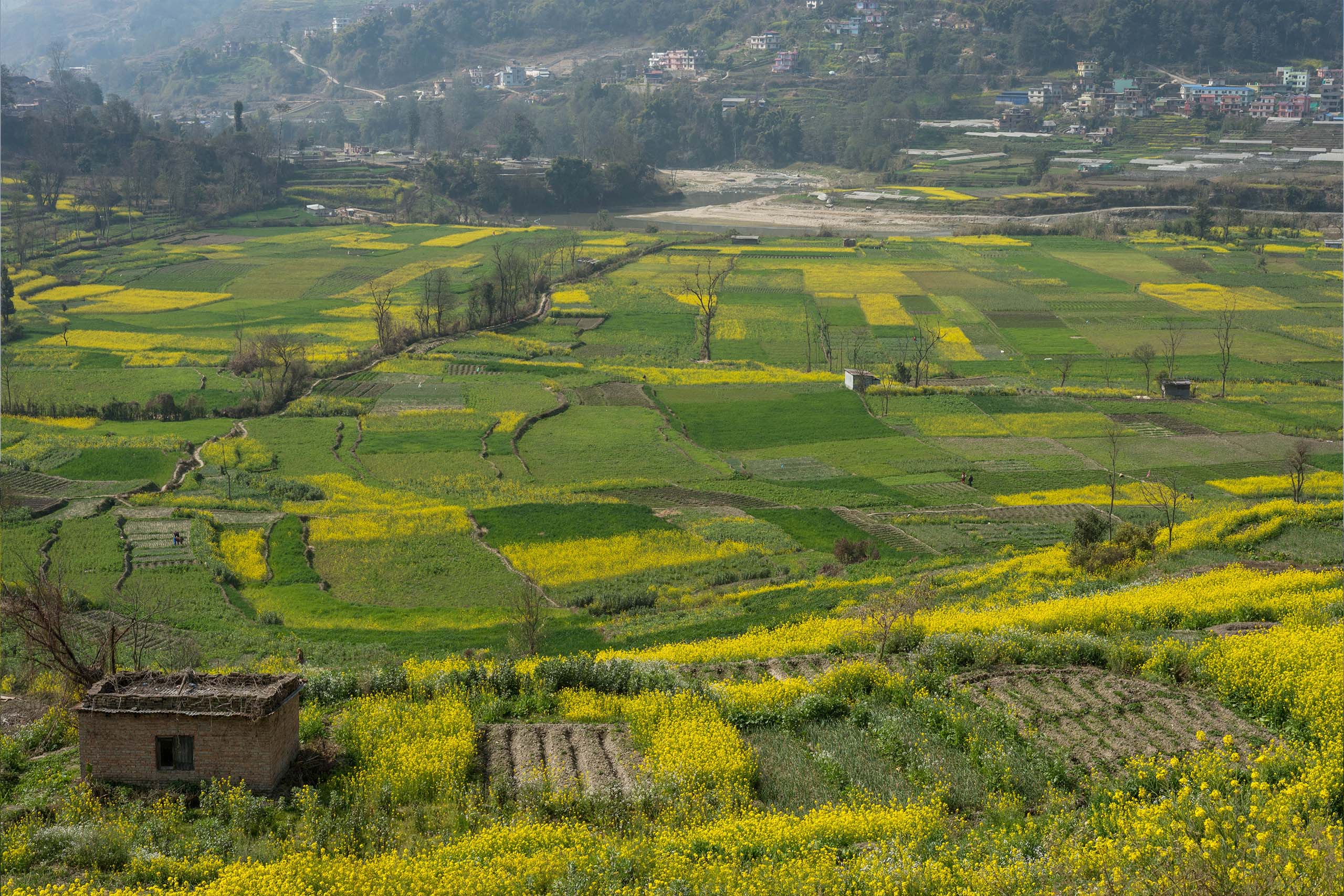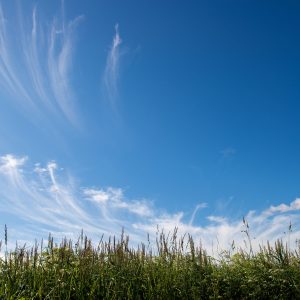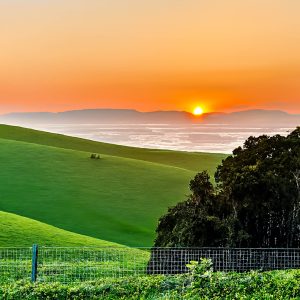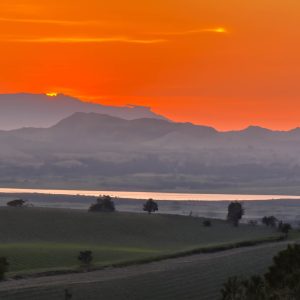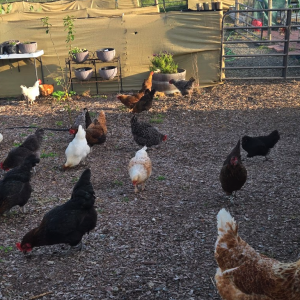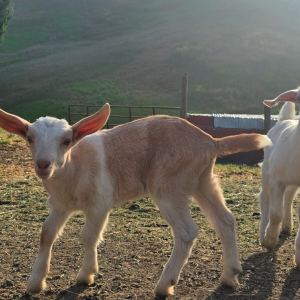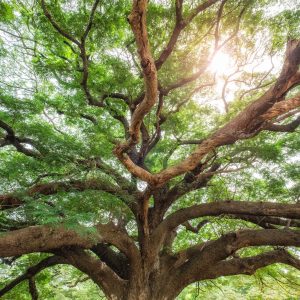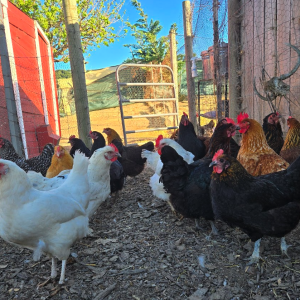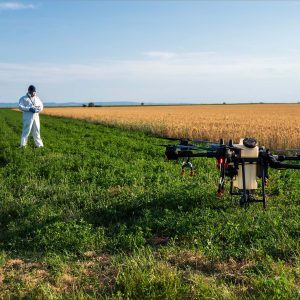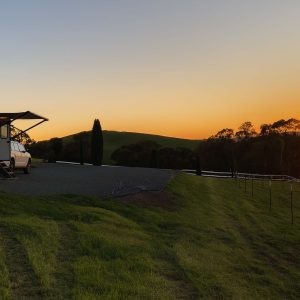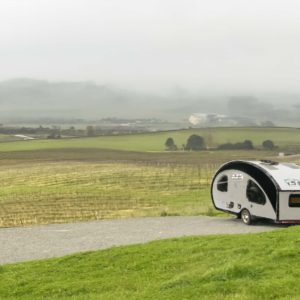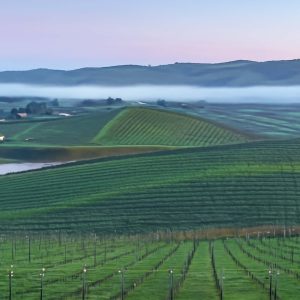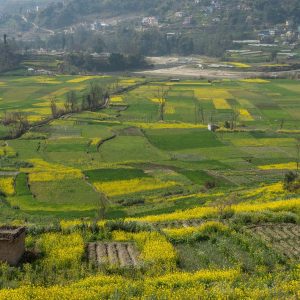An unexpected journey of altitude, agriculture, and barefoot shoes
In April 2025, we made a spontaneous stop in Nepal between business meetings in the Middle East and India. What started as a two-day layover to explore a new country quickly turned into a seven-day adventure we’ll never forget.
After spending our first two days temple-hopping through the vibrant chaos of Kathmandu, we got convinced—maybe a little too easily—to join a five-day trek to Everest Base Camp. We weren’t exactly prepared, but we had some warm layers and our barefoot shoes. That was enough.
Our guide, Pasang Sherpa, met us with a quiet smile and a wealth of mountain wisdom. We quickly learned a fun fact: all Sherpas share the last name “Sherpa,” and their first names come from the day of the week they were born. Pasang? That means “Friday.”
As we hiked higher on the first day, we realized something amazing—our barefoot shoes were giving us a real advantage. While most trekkers had heavy boots and full gear kits, we moved lightly, with flexibility and grip. Our feet could feel the earth. We found ourselves passing people wearing far more “serious” equipment. The connection through our feet reminded us how much natural ability we’re all born with—and how much of it gets lost in modern life.
But the real surprise wasn’t the trekking. It was what we saw below us from the helicopter ride in and along the trail: farms. Everywhere. Layered into the sides of mountains in perfect staircase formations, carved from terrain so rugged it seemed impossible. These farmers were clearly not just surviving—they were conquering. In some of the harshest, steepest landscapes on earth, they were growing food and sustaining families. It was humbling.
On our way down, Pasang invited us to his home for lunch. His son, Pemba, greeted us at the door, and together they welcomed us with genuine warmth. The meal? All vegetables from their garden. No labels, no packaging—just honest food grown with care and served with pride.
That simple lunch captured everything we had felt on the trek: deep respect for nature, admiration for human resilience, and awe for the people who shape their world with their own hands.
Nepal showed us that farming doesn’t need perfect conditions or big machines. Sometimes, it just takes grit, tradition, and a love for the land. And sometimes, the best tool you have is already part of you—if you’re willing to move lightly, stay grounded, and open your eyes.

